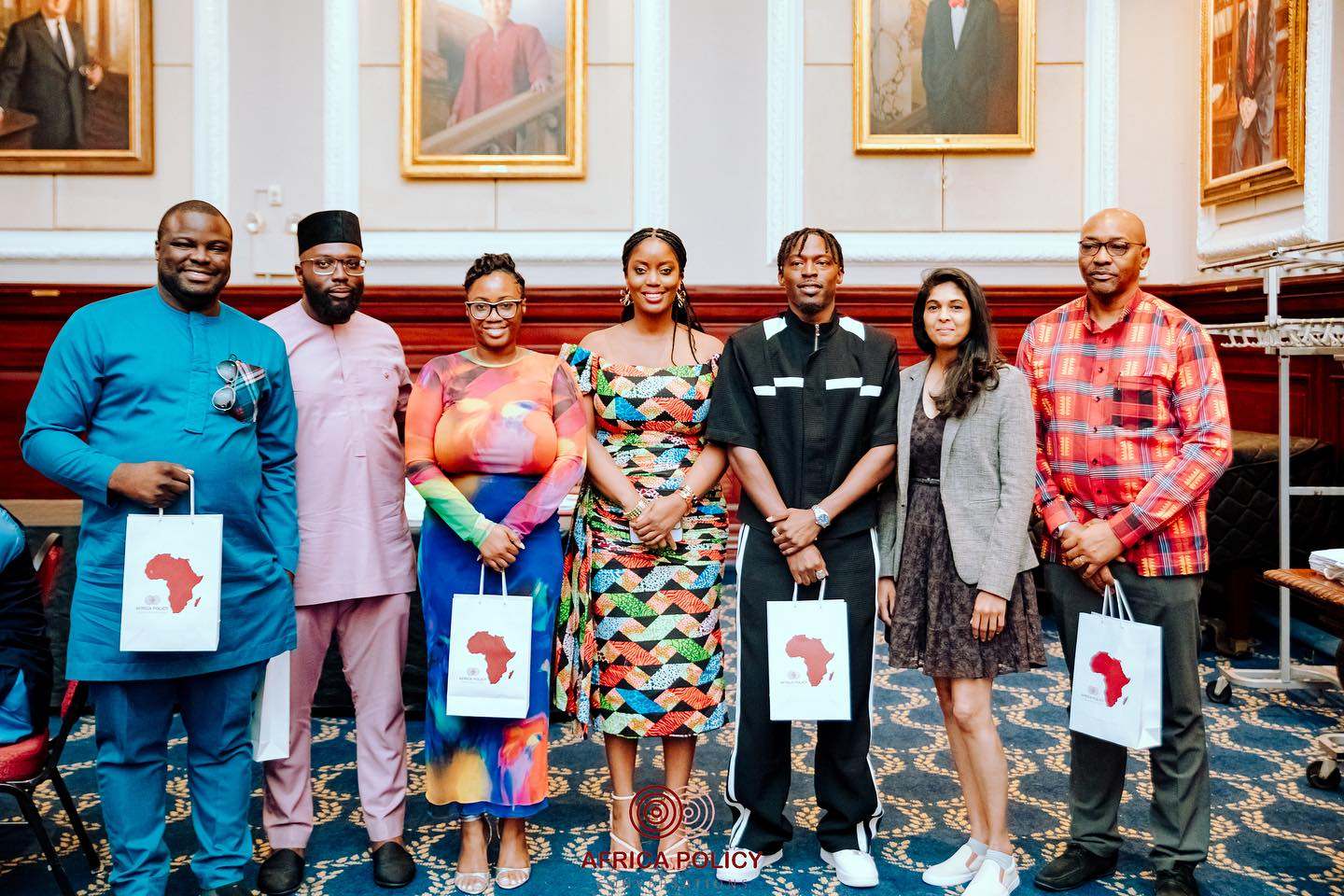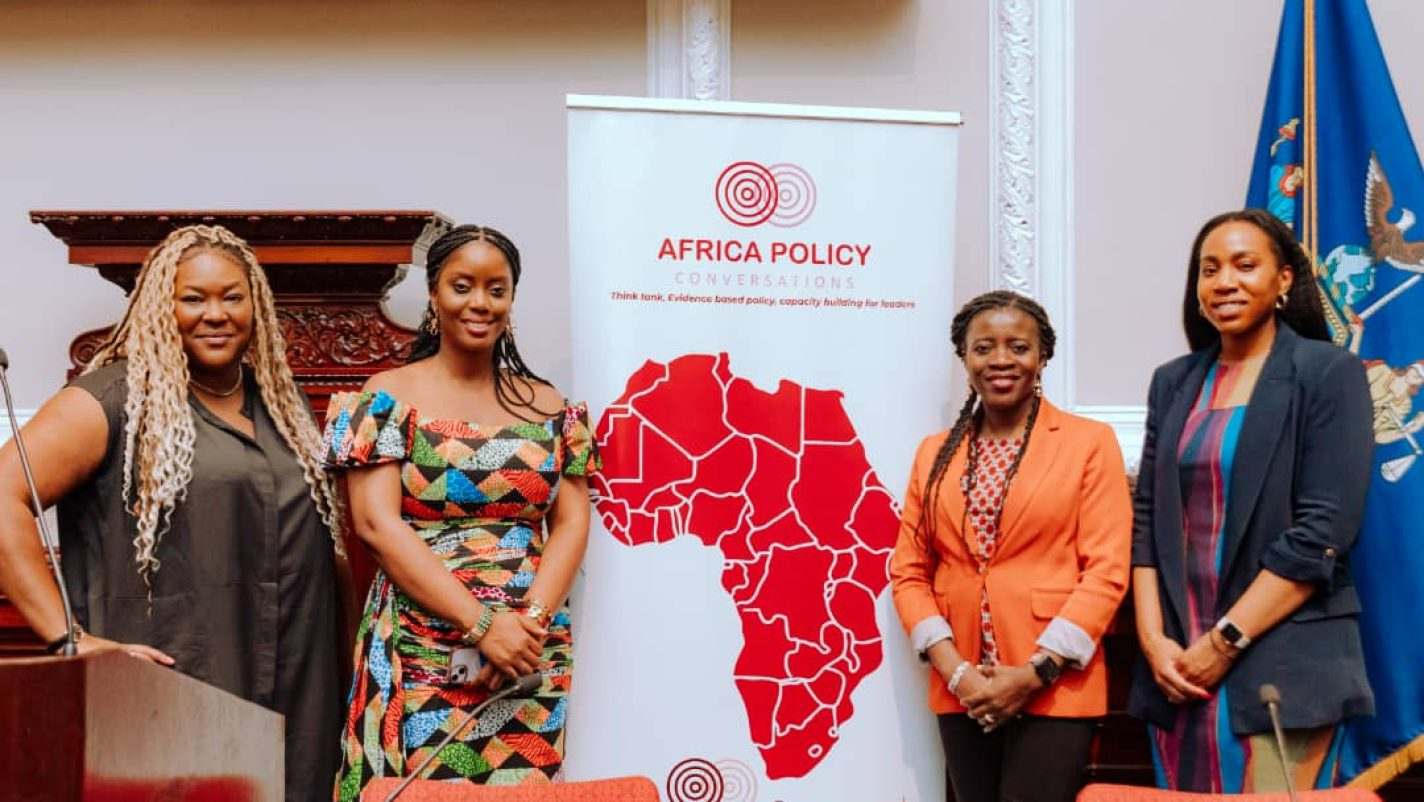In recent years, Africa has been making significant strides towards economic development and empowerment. At the heart of this transformation lies a powerful tool: innovation. Pairing innovation with strategic financing holds the key to unlocking unprecedented economic empowerment across the continent.
Opportunities in AI, Fintech and Afrobeats cannot go unnoticed. In the realm of Artificial Intelligence (AI), the continent is leveraging AI to enhance efficiency and decision-making in critical areas such as healthcare, agriculture, and finance. Fintech is another transformative force, revolutionizing financial inclusion through digital payments, lending, and financial services, while the global popularity of the Afrobeats music genre creates opportunities for the entertainment sector, fostering cultural exchange, and boosting tourism, all contributing to Africa’s economic and cultural empowerment.
Adequate funding to transform these ideas into tangible solutions that can drive economic growth is necessary. By embracing and strategically financing innovation, African nations can unlock new avenues for job creation, sustainable development, and enhanced global competitiveness.
To unlock Africa’s boundless potential, harnessing innovation with strategic financing is paramount. Let’s explore how innovation can drive progress and positive change;
Catalyzing Economic Growth and Attracting Private Investment: Innovation is a catalyst that can revolutionize industries, find solutions to longstanding challenges, and propel economic growth. Financing innovation ensures that groundbreaking ideas are not just mere concepts but actualized into viable products and services that drive market demand. This demand, in turn, stimulates economic activity, job creation, and revenue generation. By prioritizing innovation financing, African countries can tap into previously unexplored sectors, fostering economic diversification and resilience.
Artificial Intelligence (AI) and Fintech play a significant role in attracting private investment. AI can revolutionize industries and drive market demand for AI-driven products and services. Fintech solutions are reshaping the financial sector, driving economic activity, and creating job opportunities.
When the government demonstrates its commitment to supporting innovation through targeted funding, infrastructure, education, tax incentives, and regulatory frameworks, it encourages private investors to participate in projects that align with national development goals. This partnership between the public and private sectors can lead to more sustainable and impactful innovation efforts.
Harnessing the Power of Youth: Pairing innovation with strategic financing holds the key to unlocking unprecedented economic empowerment across the continent. This empowerment can be amplified by focusing on an essential element – youth. With a significant proportion of the population under 30, the youth demographic represents a vast reserve of untapped potential in Africa. By embracing innovation and creating avenues for youth participation, the continent will be uniquely positioned to harness this energy and creativity for a brighter and more prosperous future.
Young entrepreneurs in Africa are increasingly active in sectors such as Fintech, Afrobeats, Agriculture and renewable energy. By strategically allocating funding to innovative projects within these areas of interest, Africa can empower its youth to become active contributors to economic development. This approach not only addresses the pressing issue of youth unemployment but also nurtures a culture of entrepreneurship and innovation.
Creating High-Value Jobs and Upholding Dignity of Labour: Innovation has the power to generate high-value jobs across various sectors. Advanced technologies such as artificial intelligence, biotechnology, and renewable energy are not only transformative but also labour-intensive. Adequate financing can drive the research, development, and implementation of such technologies, creating a ripple effect of job opportunities that span from research and engineering to marketing and management.
In a world increasingly driven by technology and automation, the essence of dignity of labor remains a guiding principle that transcends time and technological advancements. Creating high-value jobs that align with this principle allows us to marry innovation with the preservation of individual worth and purpose. By cultivating an ecosystem that values meaningful work, we lay the foundation for not only economic prosperity but also a society where each person’s contributions are recognized, celebrated, and rewarded. As we progress into a future shaped by innovation, let us uphold the dignity of labour while creating high-value jobs that enrich lives and drive progress.
Global Competitiveness and Trade: Innovation-led economies are better equipped to compete on the global stage. Investing in research and development fosters the creation of intellectual property, which, when properly protected, can attract foreign investment and establish partnerships with international companies. African nations can position themselves as hubs for cutting-edge technologies, by aligning innovation with sectors of strategic importance, such as renewable energy, AI, Fintech, agriculture, and technology, resulting in increased avenues for trade, collaboration and investment flows.
Solving Local Challenges: The challenges faced by African communities are unique and varied, ranging from access to healthcare to sustainable agriculture, poor infrastructure and clean energy. Innovation tailored to local needs can address pressing challenges faced by African communities. From sustainable agriculture and healthcare solutions to affordable clean energy, innovation can deliver impactful solutions that enhance living standards and drive economic growth. Financing innovation in sectors that directly affect people’s lives can lead to tangible improvements, building public trust and bolstering support for future initiatives.
Knowledge and Skills Enhancement: Investments in innovation encompass more than just financial support; they also involve capacity building and skills development. As funding is directed towards research institutions, universities, and training programs, the local workforce would gain access to knowledge and expertise. This knowledge transfer enhances human capital, preparing the workforce for the demands of a rapidly evolving global economy.
According to the World Bank, financial sources matter for the extent to which a firm innovates, and in this context, to which a country or continent innovates. Improving access to a variety of funding sources such as venture capital, public markets, and other forms of investment can contribute to greater innovation driving economic development. By developing supportive policies and well-functioning capital markets that will increase investor base and improve the financial market infrastructure we stand a chance to expand the pool of funds available for innovation, encouraging experimentation, healthy risk-taking and ultimately, driving progress and prosperity.
Written By: Gabriella Onah
- The Financing of Innovation, Michael Kahn, Luiz Martins and Marcelo G. De Matos.
- Financial Structure Matters for Firms Innovation, World Bank Researchers
- The Future is Intelligent: Harnessing the Potential of Artificial Intelligence in Africa-Youssef Travaly, Kevin Muvunyi
- Fintech investment pours into Africa – KPMG analysis of the African Fintech landscape, KPMG 2020









